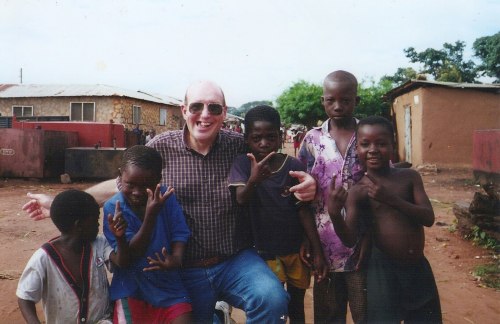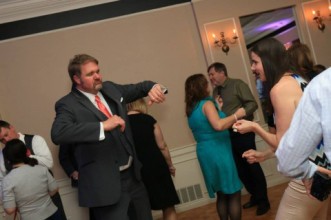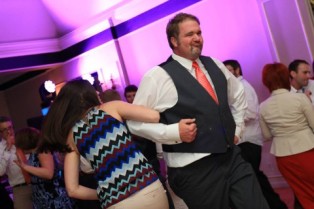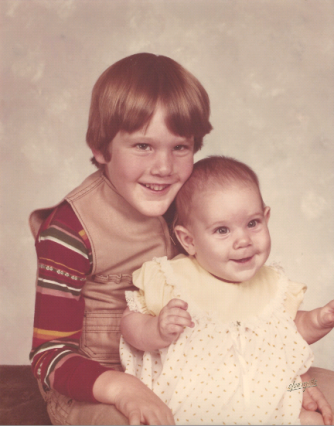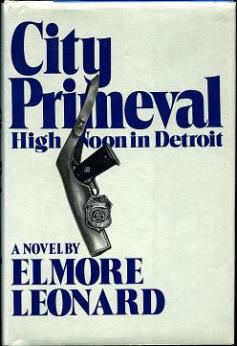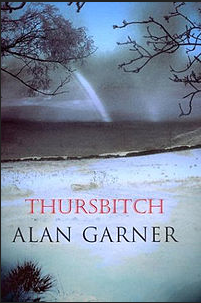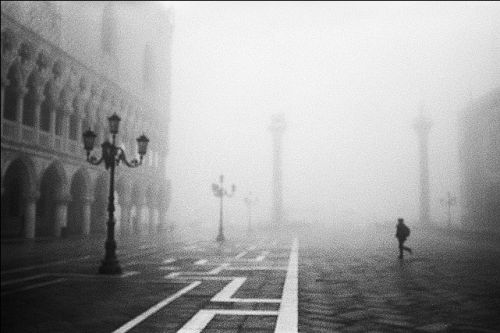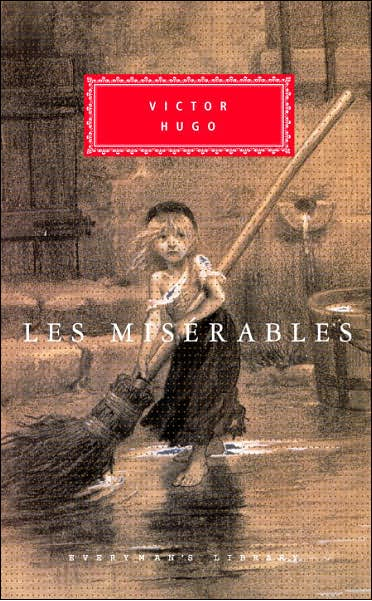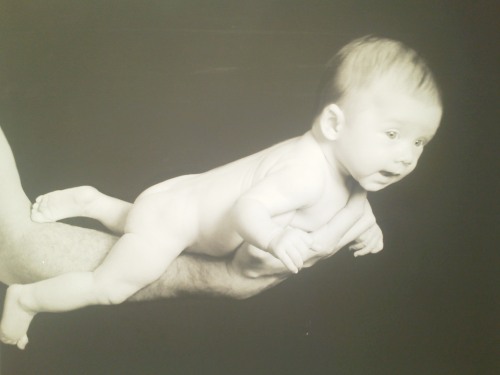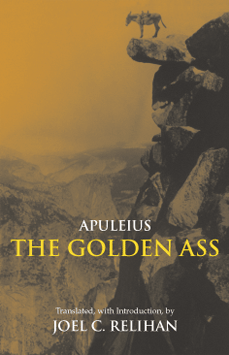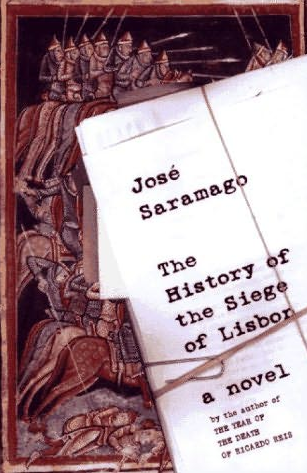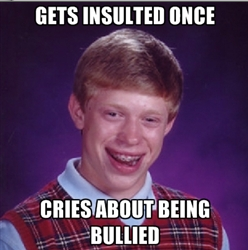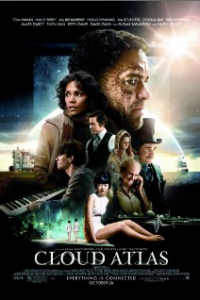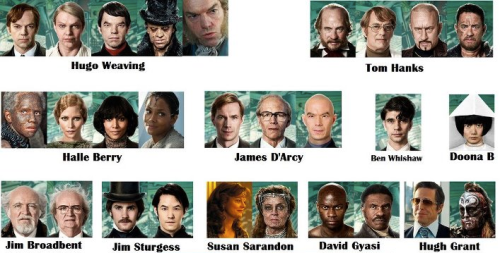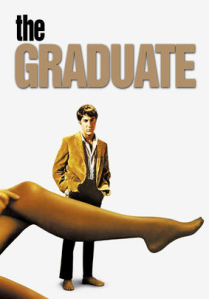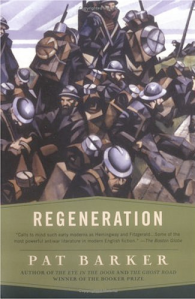by Michael Niewodowski
Eleven years ago today, my father, Michael Anthony Niewodowski, died. He had struggled with cancer for more than three years. He was 57 years old.
Tonight, I will break from my usual format to publish the eulogy I wrote and delivered at his funeral. It was written under duress and remains unedited. It was one of the proudest and saddest moments of my life….
My dearest Family and friends, one of my father’s very favorite things to do was to laugh. If you find parts of this eulogy
funny, please laugh, for his sake. And if you don’t find any of it funny…..maybe you could just laugh for my
sake, to make me feel a little better.
Michael Anthony Niewodowski: a son’s perspective.
As I began to write this eulogy, I quickly realized that I could not give an unbiased account of my
father’s life. My father was no ordinary man. He was more. To me, he was nothing short of a superhero, with
extraordinary strengths. He would stand up to Superman, and laugh at the lesser heroes like Batman or
Spiderman.
The first time I witnessed my father’s superpowers was at a Cincinnati Reds baseball game, in
Cincinnati. I was two years old. A great baseball player, Johnny Bench, was having a bad game. When Bench
approached the plate, my father stood up in his seat and bellowed at the top of his lungs, “JOHNNY
BENCH HAS BEEN!!” Bench flinched noticeably at this summons. The very next day, Bench announced his
retirement, on the grounds that his fans no longer supported him. That day, I realized my father had forced a
great baseball player’s retirement. There was no doubt in my mind that day or any day since that my father
was nothing short of a superhero, possessed with unnatural strengths.
As a superhero, he needed less fuel than we mere human beings. His diet usually consisted of one
reasonable meal a day, a heaping bowl of ice cream with chocolate syrup, and coffee. Lots of coffee. Cream
and sugar? HA!! His coffee was always black and strong enough to float a bullet.
Of course, no superhero is complete without a really cool car. My father’s batmobile of choice was
a white1984 convertible Cadillac with red leather interior. Many of his happiest times were spent cruising
around with the top down.
He ruled his backyard with absolute supremacy. If a tree had the audacity to grow crookedly it
would soon be bound by winches, chains, and pulleys. If a tree dared to erupt it’s roots from the ground and
disturb the grass, or lose it leaves too soon, or bloom at the wrong time, or even so much as give my father a
dirty look, that tree was in big trouble. My father would quickly set about cutting the roots out from under it
with a stump grinder, until even the faintest wind would knock it down. The grass in the yard would never
be anything but the perfect shade of green. If a weed dared to show it’s head, it wasn’t for long.
No superhero is complete without an archenemy, either. My father’s nemesis was an unlikely
villain: a squirrel. A constant battle waged between my superhero father and the squirrel. After all
birdfeeders are meant to feed birds, not furry critters. He spent many a dime on squirrel proof birdfeeders.
He tried boobytrapping the birdfeeders against the squirrels– for example, he used squirrel repellent, greased
the wires to the birdfeeders, and even chased the squirrel around the backyard. However, he was constantly
foiled by the squirrel. It often made me wonder why there were always corncobs, the squirrel’s food of
choice, stashed in with the birdseed!
Just as he ruled his garden, he also ruled his palace. Whether in the house or the motor home, no
single inch went unchecked. To my superhero, the only evil was imperfection. He spent almost every waking
moment assuring that the house was in pristine, perfect order.
He had unnatural physical strength. I once saw him fall from a 10 foot ladder, straight onto his back
on the hard concrete. Any normal human would have been injured and hospitalized. Not my father. He was
up and back on the ladder before I could even ask him if he was alright.
But, even superheroes need rest. What you may not realize, though, is that superheroes do not rest
the same way that normal humans do. Vacations were a string of thousands and thousands of miles traveled.
There were sightseeing projects that would put Clark Griswald to shame. His relaxation was to escape the
everyday grind and to explore new and different worlds. His travels took him to 5 continents, and over 50
different countries. However, he continually told us that the country he loved the most was the United
States. “It is the most beautiful country in the world,” he would say, “Everything you can see in another
country, we have here.” Indeed he should know, during his life, he traveled to all fifty states.
Superheroes, as a general rule, save lives. My father spent his life and work focusing on this. My
father was involved in life saving on a daily basis. He spent his days honoring life and making every effort to
improve the quality of life of those around him. I have witnessed many men thank him for saving their lives.
Even in his retirement, he never stopped doing his job. He volunteered his time and money to perform
surgeries in Ghana, and in Haiti.
The lives he improved the most, and saved most often were the lives of his family. He has saved our
lives upon the sea, on the roadways, and even in our own home. Many times, our house and our family has
been in danger of fire. I have seen the man gather burning logs with his bare hands and expel them from our
house. He literally threw them out the back door! True, it was he who lit the fire in the fireplace, and piled
the logs so high that they came tumbling out of the fireplace, but in the end, he always saved us.
As far as improving the lives of his family, he has done so unquestionably and amazingly. When my
sister and I were old enough to leave the nest, our wings were never clipped. On the contrary, he gave us the
freedom to fly from one side of the globe to the other. My father gave me the opportunity to attend the
finest culinary school in the world, to chase my dreams to London, and to work at the top of Manhattan.
When Michael was inflicted with cancer, he scoffed at it, just as any superhero would. “Live by the
sword, die by the sword” he would say. There was never a day that he let the cancer slow him down. He
fought it for more than three years, even though he was only supposed to live six months. Instead of letting
it slow him or stop him from performing his job, he simply went on. Despite the cancer growing in his body,
he removed cancer from others in Africa and the Caribbean.
My father was a superhero for this reason: not a single day passed that he did not either try to
save someone’s life or make someone’s life better.
In conclusion, I would like to say that I could have never
asked for or even imagined a better father. I never looked up to Superman because to me he was always less
than the superhero I had at home.
If I ever had a hero, it was my father, Michael Anthony Niewodowski
